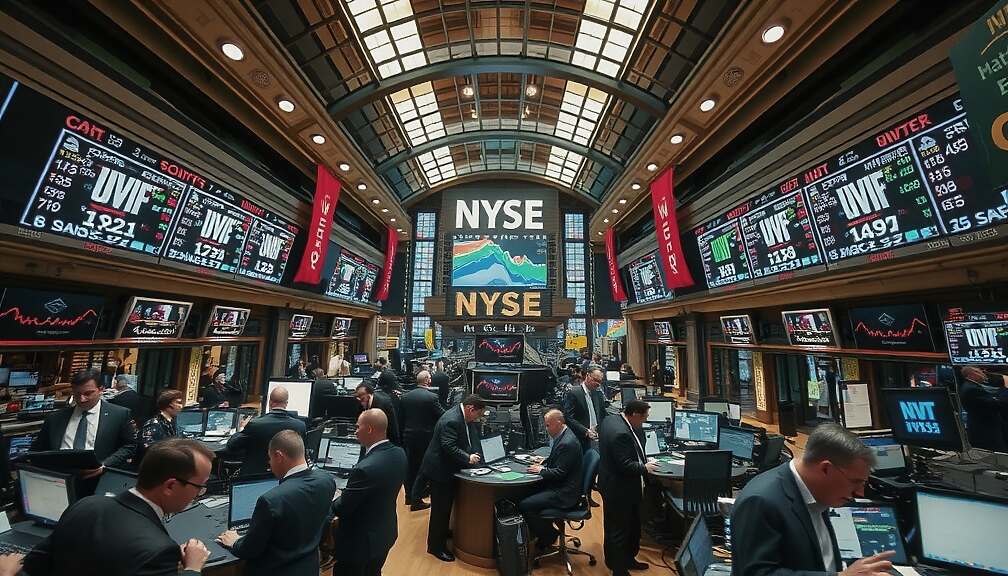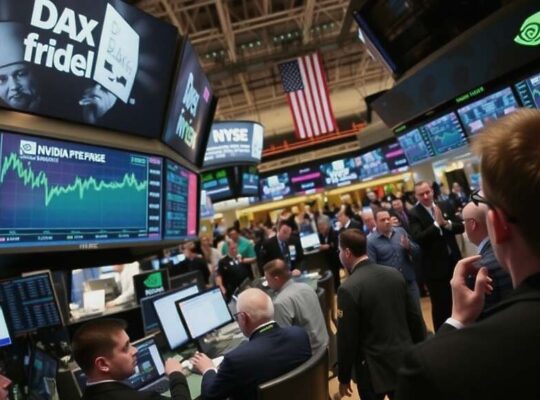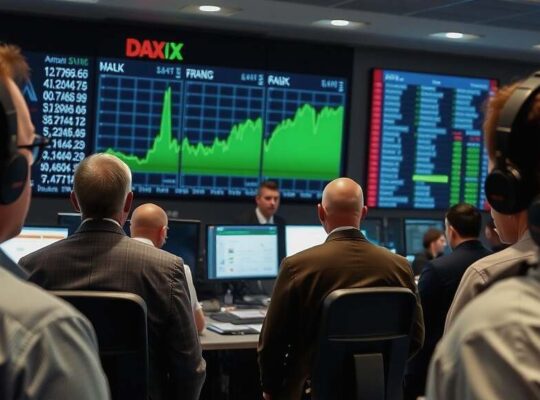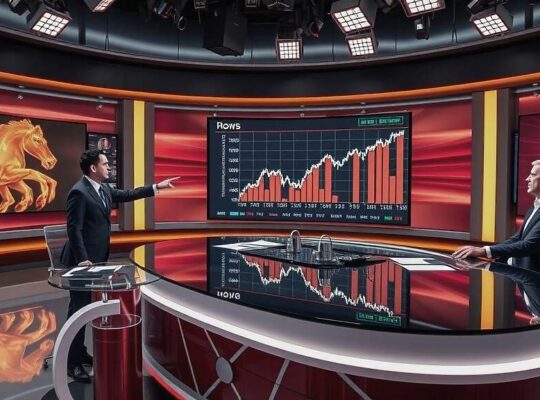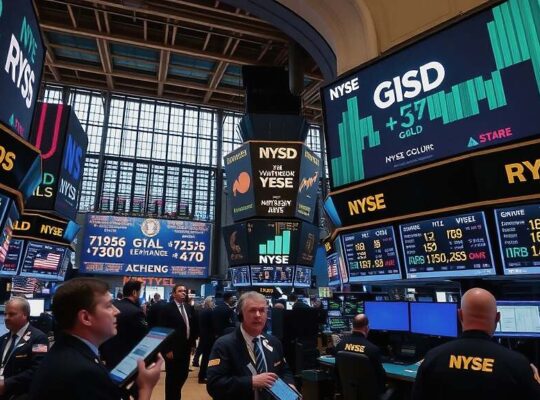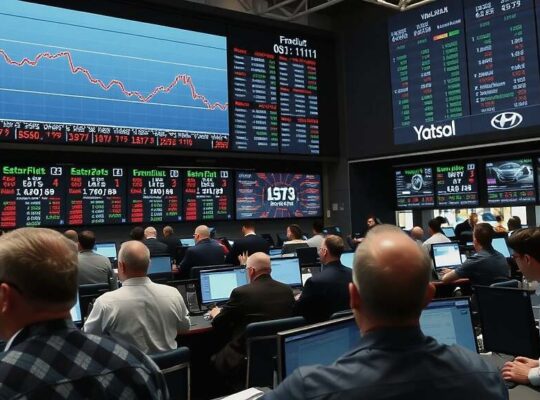Market jitters intensified Tuesday as the DAX index experienced a significant downturn, closing at 23,181 points – a 1.7% decrease from the previous day’s close. The sell-off, which began with a weak start to trading, accelerated during the afternoon, reflecting growing anxieties among global investors.
The shift in sentiment appears to be fueled by reports of large institutional fund managers reducing their holdings in technology giants like Nvidia, a development that punctures the months-long narrative of unwavering optimism surrounding the sector. Christine Romar, Head of Europe at CMC Markets, pointed to a critical reassessment of valuations as a likely driver, suggesting that this focus on fundamentals, while potentially painful in the short term, could ultimately contribute to a more stable and sustainable market trajectory.
The DAX’s vulnerability isn’t isolated to equities; Romar emphasized the contagion effect emanating from the cryptocurrency market as a compounding factor in the current unease. The index’s descent below its 200-day moving average signals a clear sell signal, prompting a wave of investor activity. The crucial question now is whether this dip represents a genuine trend reversal or a “bear trap”-a temporary decline followed by a rebound. Recovery towards the 23,440-point level would be required to classify the current slide as such.
Performance within the DAX was uneven, with only Deutsche Börse, Eon and Zalando managing to register gains. Conversely, Deutsche Bank, Commerzbank and Siemens Energy were among the worst performers, reflecting broader concerns about the health of the banking and energy sectors.
In a related development, natural gas prices experienced a slight reprieve, falling to €32 per megawatt-hour for December delivery – a 1% decrease from the previous day. This translates to a consumer price of at least 8-9 cents per kilowatt-hour if sustained, offering a measure of relief for households facing rising energy costs. Oil prices also dipped modestly, with Brent crude fetching $64.14 a barrel, a slight decrease influenced by fluctuating geopolitical dynamics.
The euro also weakened against the dollar, trading at $1.1575, a reflection of broader economic uncertainties and shifts in currency valuations. The market volatility underscores a period of reassessment, raising questions about the resilience of the seemingly unstoppable rally and highlighting potential vulnerabilities in the global economic landscape.


